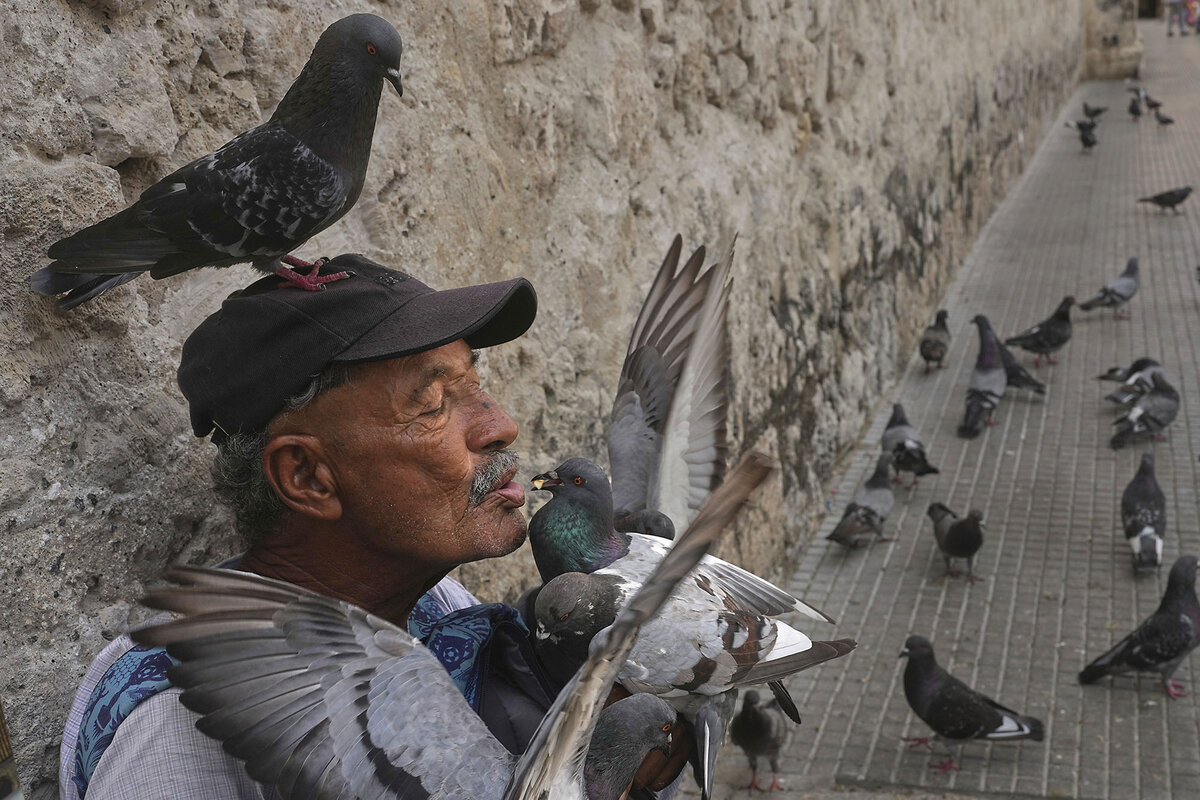Poland and France tighten ties. The two countries signed a treaty May 9 to increase cooperation on defense and energy. Security alliances are growing in Europe amid concerns about U.S. commitment to the continent’s defense. Polish Prime Minister Donald Tusk said the treaty includes measures in case of an attack on either country. The treaty also underscores Poland’s increasingly pivotal role in Europe because of its strategic position. Poland spends 4.12% of its economic output on defense, the highest percentage in NATO. Mr. Tusk emphasized the pact is not an “alternative” to Poland’s relations with the United States. – Reuters
The removal of U.S. military transgender service members begins. The Defense Department is moving as many as 1,000 openly identifying transgender people out of the military and giving others 30 days to self-identify. On May 6, the Supreme Court allowed the Trump administration to enforce a ban on transgender individuals in the military. The Pentagon will also begin going through medical records to identify others diagnosed with gender dysphoria who haven’t come forward. Officials have said that as of Dec. 9, 2024, there were 4,240 troops with this diagnosis. There are about 2.1 million total troops serving. – The Associated Press
Related Monitor coverage: Actions by the Trump administration have been pushing back on transgender inclusion, amid sharp public divides and emotional debates over things like women’s sports and care for children.
U.S. plans major upgrade to air traffic control. The Trump administration has proposed a multibillion-dollar overhaul of the U.S. air traffic control system in the wake of deadly plane crashes that have put a spotlight on the outdated network. The plan calls for six new air traffic control centers, along with upgrades at all of the United States’ air traffic facilities over the next three or four years, said Transportation Secretary Sean Duffy. Demands to fix the aging system have increased since the collision in January between an Army helicopter and a commercial airliner that killed 67 people over Washington, D.C. – AP
Related Monitor coverage: Rising safety is the historical trend in aviation. In January, we reported how the midair collision over Washington, D.C., came amid what some see as growing stresses on air-safety systems.
A Vermont federal judge ordered the release of the detained Tufts student. U.S. District Judge William Sessions in Burlington released Rümeysa Öztürk on bail from a Louisiana immigration center, pending a final decision on her claim that she was illegally arrested. She had been detained for six weeks following an op-ed she co-wrote last year that criticized the university’s response to Israel’s war in Gaza. Lawyers for Ms. Öztürk said her detention violates her constitutional rights. – AP
Ford Motor is raising prices on some models. It will be one of the first major automakers to adjust sticker prices following President Donald Trump’s tariffs. Prices on the Mustang Mach-E electric SUV, Maverick pickup, and Bronco Sport will increase by as much as $2,000 on some models. A Ford spokesperson said the price hikes will affect vehicles built in Mexico after May 2, which would arrive at dealer lots in late June. – Reuters












